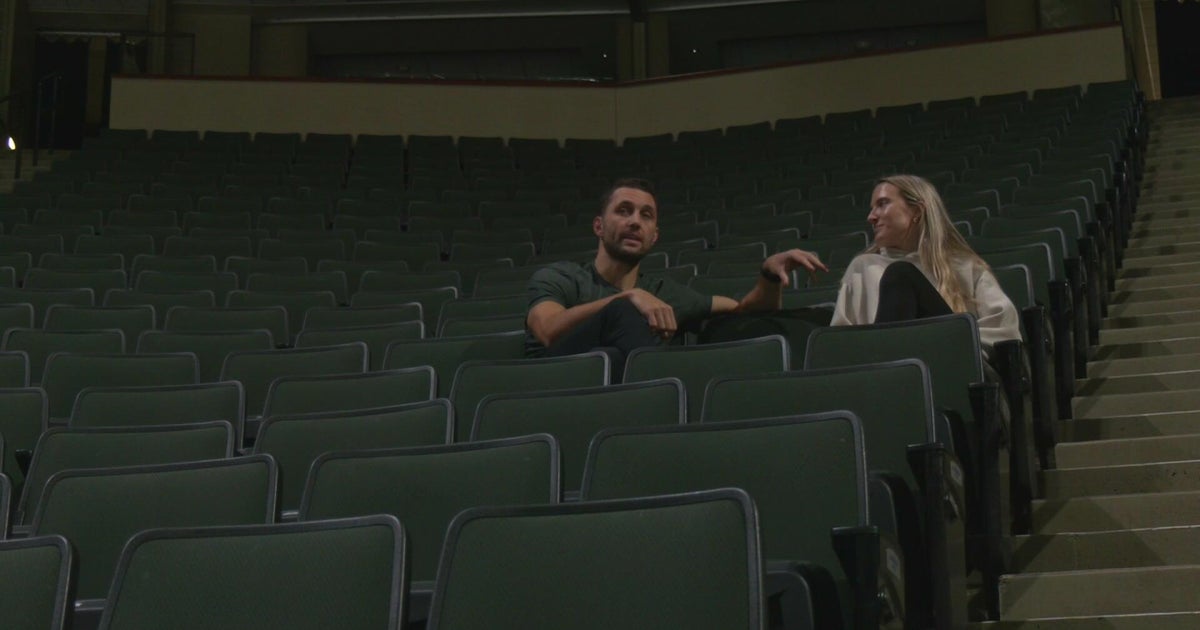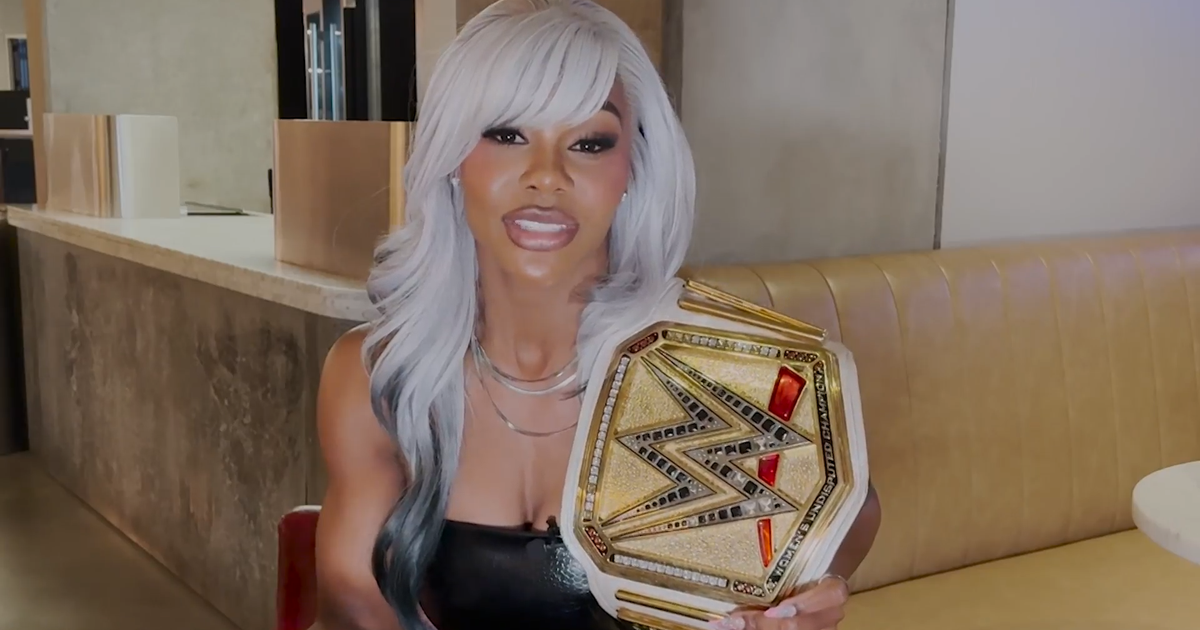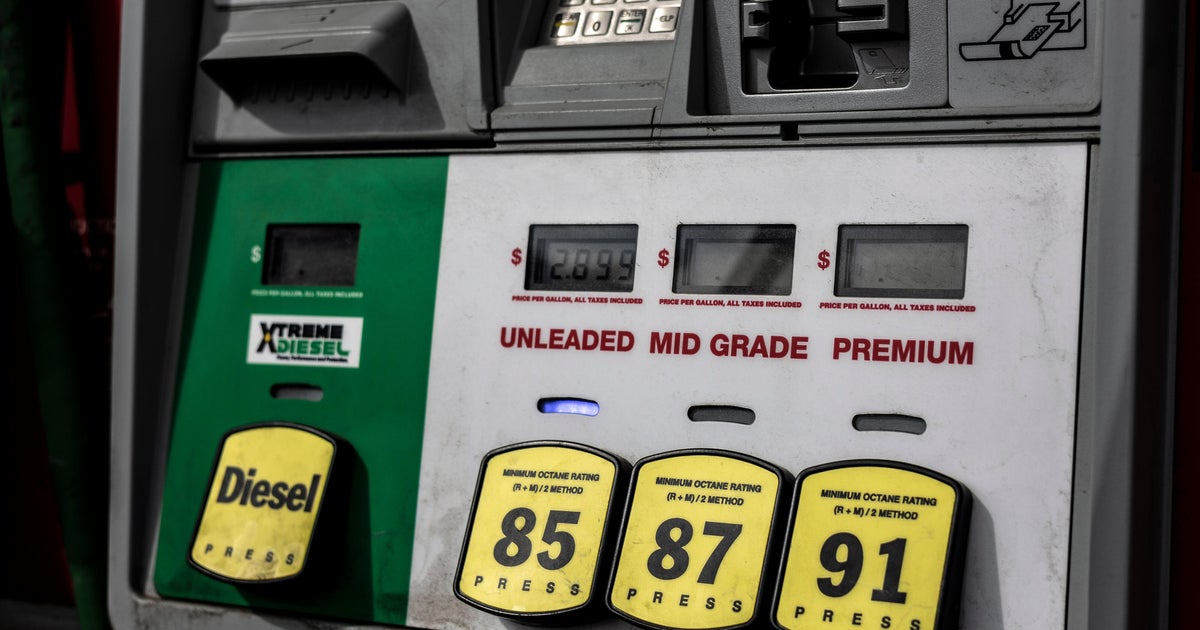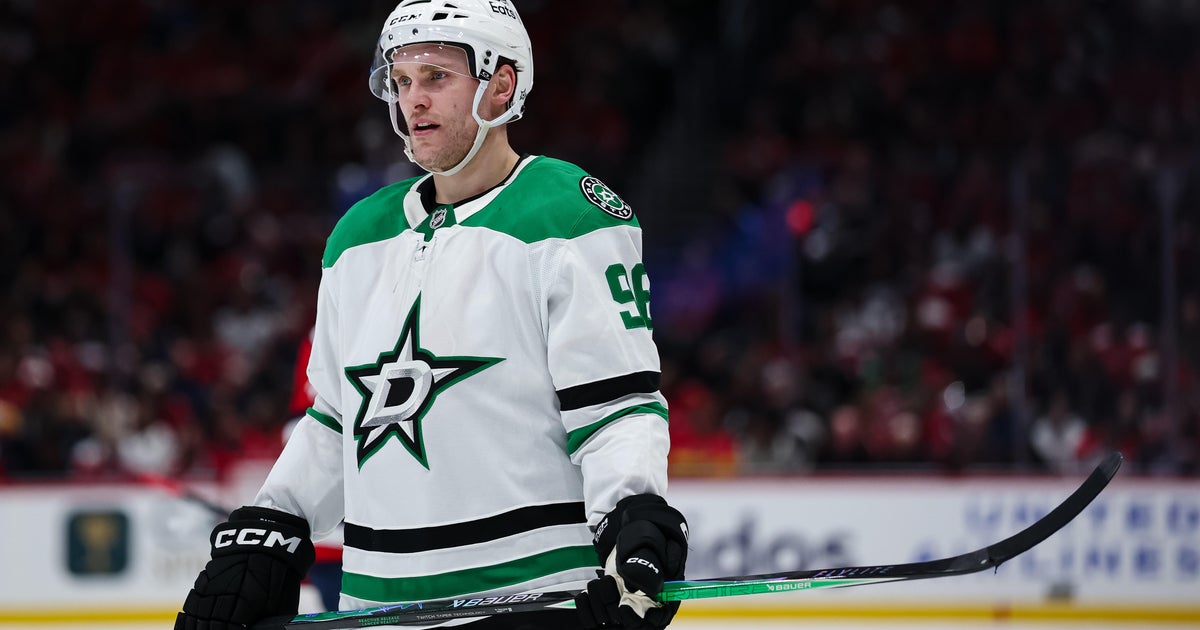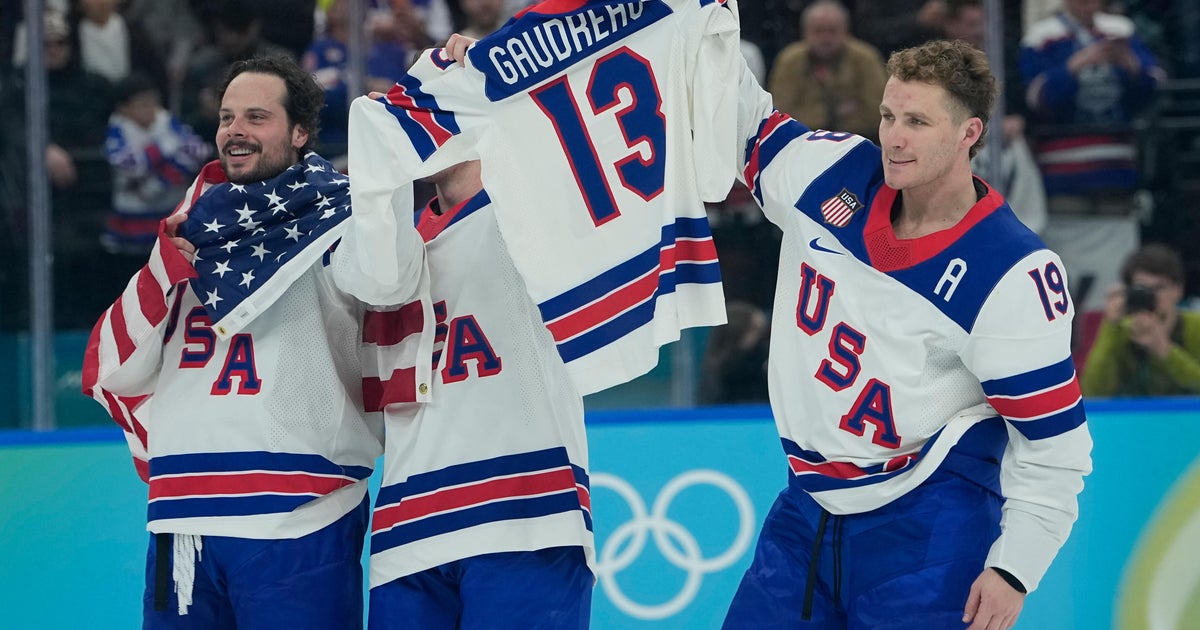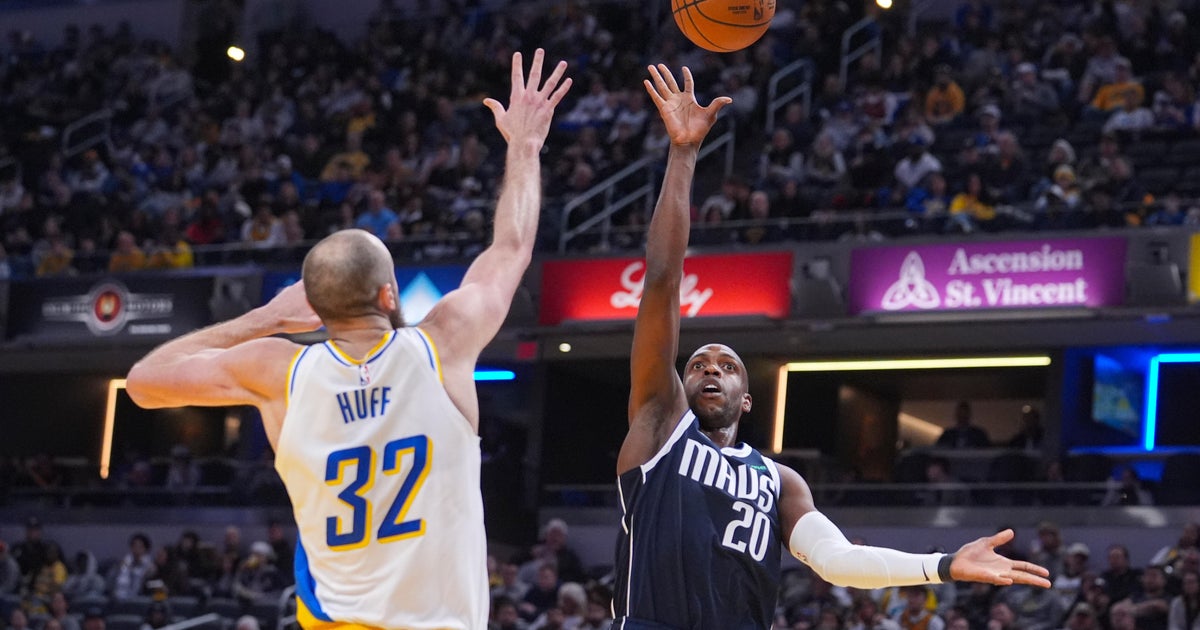Keidel: No Sugar In Shane Mosley
By Jason Keidel
» More Columns
Shane Mosley may have taken a limo to the arena, but he rode a bike around the ring, keeping his opponent, the tornadic Manny Pacquiao, at a distance comfortable for him but rather irritating to the viewers who dropped big-fight money for a tango with less contact than the average episode of Dancing With the Stars.
After Pacquiao (53-2-2) won a unanimous decision over Mosley (46-7-1) on Saturday at the MGM Grand in Las Vegas, viewers who dropped four-figures for ringside seats, or punched the "Buy" button on the remote (it cost about $55 to watch on pay-per-view), could have reasonably requested a refund. The sound of leather pounding flesh and the grunts from punches thrown and landed were replaced by cacophonous displeasure in the darkness outside the ring, resounding boos from an irascible crowd expecting a slugfest, not a hugfest. Once Pacquiao dropped Mosley in the third round, it was clear Mosley would only trade pleasantries, not punches, the rest of the night.
Pacquiao, his yellow gloves cupping his ears, stalked Mosley for twelve rounds, looking for a fight. Mosley jabbed, ran, jabbed, held, pawed, dodged, and fought (or not) as though he were paid by the round.
Pundits gave Mosley, 39, a chance because he recently destroyed Antonio Margarito and was rather adept in his loss to Floyd Mayweather, even hurting Mayweather early in that bout. But in this bout there was no doubt that not only are "Sugar" Shane's great days behind him, there are no good ones before him.
As we see with a shortstop in the Bronx, the aging process is most unkind to the athlete, who is bound to his hunger to win, his glorious past, and an equally delusional fan base that refuses to concede the final score to Father Time.
But unlike baseball, the boxer's denial can be deadly. Better fighters than Mosley – from Joe Louis to (the original Sugar) Ray Robinson to Muhammad Ali – were literally carried out of the ring in repose. We hope Mosley, who should be financially secure, and his place secure in boxing's pantheon, heeds history and logic, and retires posthaste.
You know boxing has fallen when nearly no sports bars broadcast a fight featuring two hall-of-famers, one of whom is currently the pound-four-pound king and perhaps the most famous athlete on the planet. If you're not in Manhattan (I recently moved to New Jersey) and are allergic to your couch on a Saturday night, you must scramble to find a bar that will televise boxing.
The scene I found could easily be mistaken for an episode of "Jersey Shore" – a bar littered with glittering gals who accompanied their buff boyfriends with spiked hair and muscle shirts, each ten beers into their night. There were slurred slights against their dates, and perhaps anyone who crossed a liquor-induced line in the sand.
It is quite something to be the only sober man in a bar. And it is something to watch a formerly fine – if not divine – fighter like Mosley lose his agility and ability in an hour. Boxing, more than any sport, renders the performer naked in no time. Mosley really was a great boxer, though you'd never know by watching him Saturday night.
Mosley was quick to touch gloves at the start of the bout, every bell, and every accidental head-butt, cementing his public persona and reputation as a nice man, quick to smile but bursting with pugilistic guile. He wanted to be cherished more than he wanted to champion. Pacquiao is both, perfecting the dichotomy of barbaric charm, a brilliant brawler who's also a congressman in his native Philippines.
There's no shame in losing to Manny Pacquiao. Everyone does. He's been the best fighter on Earth for five years. The shame is in not trying, which is antithetical to Mosley's work and ring ethic over the last decade. Sadly, the last impression a boxer leaves is often the worst.
The date of Pacquiao's next fight is uncertain but certainly will be lucrative. He'll make about $20 million no matter his next opponent, and the amount could double if Floyd Mayweather leaves his bubble and gives the world the lone mega-fight left on the docket. Based on his actions – everything from demanding random and rampant steroids testing to demanding $100 million – Floyd wants no part of Pacquiao.
This stalemate symbolizes the sport's detachment from its fans and its history, and italicizes its penchant for eating its own. With a dearth of decent talent in the heavyweight division, it is incumbent upon lighter fighters like Pacquiao and Mayweather to fight. Now. Before they get old, before they fail, before Floyd goes to jail.
I was in a Hooters in Paramus, of all places, flanked by bubbly waitresses, homogeneously clad in their sultry suits – short shorts, tight tank tops, bras pushing cleavage up to the collar, high hair and pink talons, so careful not to break them as they sauntered across the room, delivering whiskey and wings, bending over the table to make sure the customer saw more than his food. Boxing isn't the only business built on tease and torment.
Even the female servers (is there another kind in Hooters?), who also use physical splendor for profit, became somber as the night and the fight grew old. Perhaps for the first time in their lives, they were surrounded by men who expressed no fondness for them. Shane Mosley knows the feeling.
Feel free to email me: Jakster1@mac.com
What did you think of the fight? Let Keidel know in the comments below...
